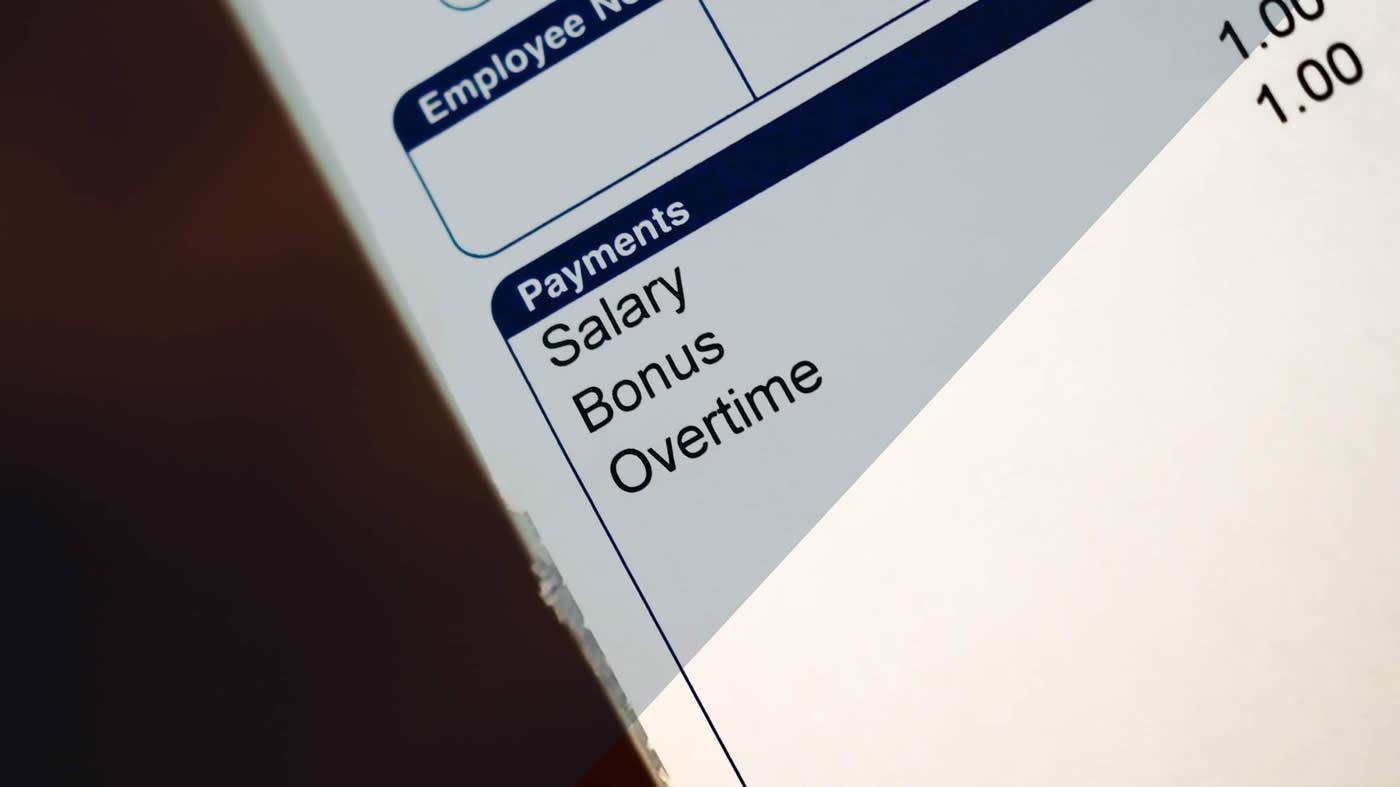In all businesses you will have a variety of different types of records that you need to keep. Many of those will relate directly to your workforce. We help you navigate through what you need and how long you need it for.
Are there any specific records I have to legally keep?
You need to keep hold of the the following records. Scroll through the carousel to view.
-
![Tax calculations]()
Tax and National Insurance contributions
You are required by law to keep records of all employees Tax and National Insurance contributions. You must keep them for three years from the end of the tax year they relate to. HM Revenue & Customs (HMRC) has the right to check your records. If you don’t keep any records, or fail to keep accurate records, you may be fined a penalty of up to £3,000 from HMRC, plus they may estimate money you owe.
-
![Working Time Regulations (1998)]()
Working Time Regulations (1998)
Under the Working Time Regulations (1998) you’ll need to be able to show that your workers are not working more than an average 48 hour week over a period of 17 weeks. You’ll need to keep these records to show you are meeting the requirements of the legislation.
-
![On the beach]()
Annual leave
As with working hours there is a statutory entitlement to annual leave set out in the Working Time Regulations (1998). You need to be able to evidence that your employees are taking their annual leave.
-
![Payslip]()
National Minimum Wage and National Living Wage
You need to be able to evidence that you are complying with the National Minimum Wage (NMW) and the National Living Wage (NLW). You therefore need to ensure you keep these records. As they will be related to HMRC tax and national insurance you may consider keeping them for three years.
-
![Documents]()
Statutory sick pay
After four consecutive days an employee’s entitlement to statutory sick pay kicks in. You’ll need to ensure you keep records of all statutory sick payments made.
-
![Operating forklift]()
Health and Safety at work Act
Under the Health and Safety at work Act (1974) (HSAW) you are required to undertake reporting of accidents, injuries, diseases and dangerous occurrences. You should also keep a record of any Health and Safety training or work station assessments. This ensures you have evidence to demonstrate to the Health and Safety Executive that you are meeting your obligations under the HSAW 1974.
Do all records have statutory retention periods?
General employee records do not require a specific retention period.
However, you need to consider several issues here.
- Employees can make tribunal claims after they have left your employment
- The Data Protection Act (DPA) requires that you do not keep records for longer than is necessary
- You may be asked to write references for ex-employees so you’ll want to maintain some basic information to do so
- Pension records need to be retained.
The Chartered Institute of Personnel and Development (CIPD) recommends that if there is any doubt you should keep records for at least six years.
What are the statutory retention periods for information?
The statutory retention periods are:
| File type | Retention period |
|---|---|
| Accident Books and Reports | Three years from the date of the last entry. |
| Income Tax & NI Returns | Three years after the end of the financial year to which they relate. |
| Medical Records | Related to Asbestos, Hazardous substances and biological tests 40 years from the date of last entry. |
| Medical examination Certificates | Four years from the date of issue. |
| Statutory Maternity Pay | Three years after the ned of the tax year in which the maternity period ends. |
| Wage/Salary records plus overtime and expenses | Six years. |
| National Minimum Wage | Three years after the end of the pay reference period. |
| Records relating to working hours | Two years from the date on which they were made. |
Are there any rules around how records should be kept?
Yes. The Data Protection Act (DPA) requires that you keep all data safe and secure and that it cannot be accessed by anybody who isn’t authorised to access it for the purpose in which it was collected.
Checklist: Keeping your records safe
You’ll need to make sure you have appropriate filing systems in place to keep your records organised and secure. Login to save this checklist to your profile for future use – as you work through the list, any checkboxes that are ticked or unticked will be automatically saved to your profile. (To register to join and enjoy the benefits of membership click on the link at the top right of the page. It will only take a few minutes to create your profile).
















